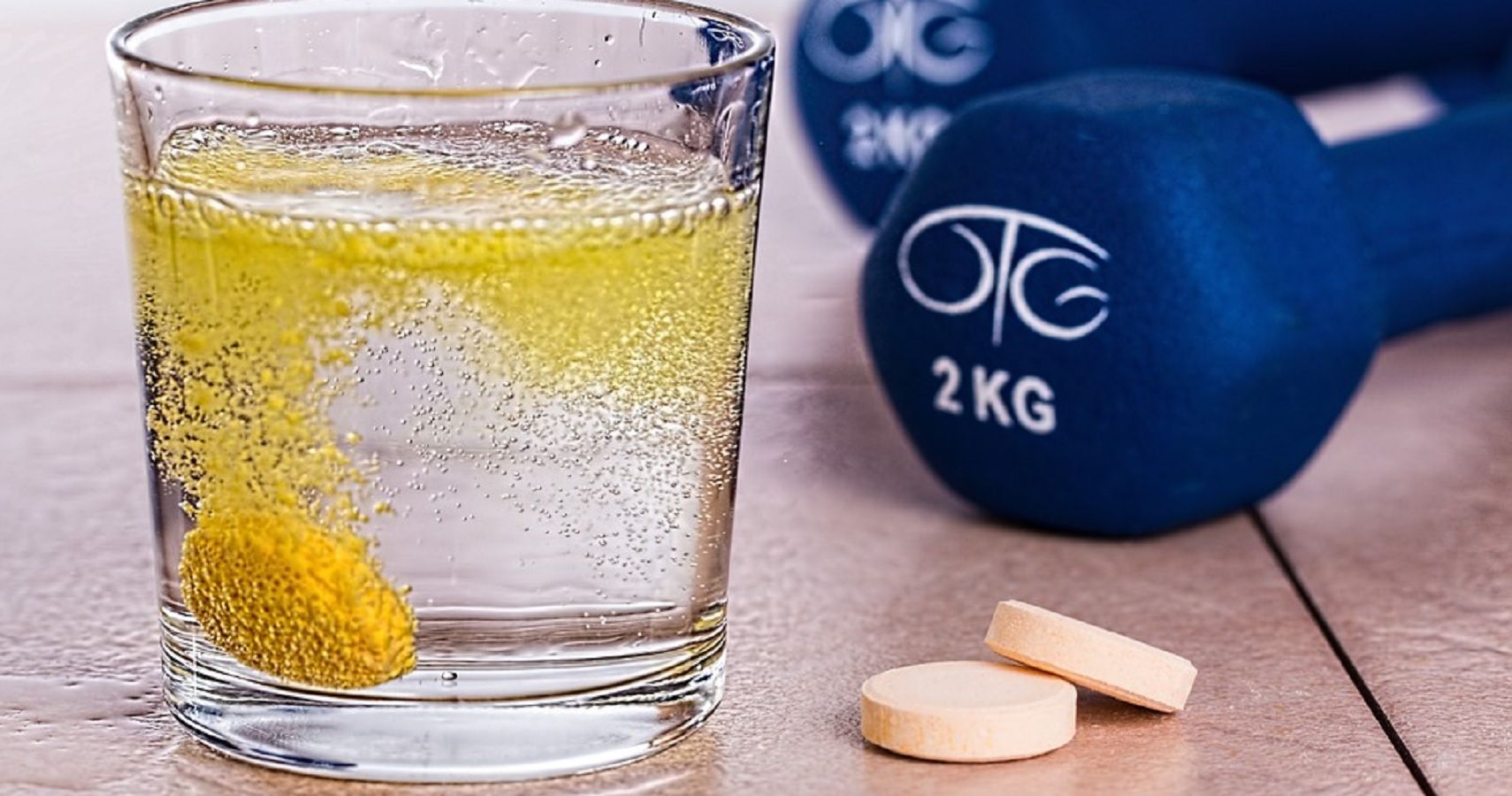During pregnancy, women must adjust to a new lifestyle so that they can ensure that their babies will grow strong and healthy. This might also mean giving up things that we eat or drink to make sure our baby is safe. Many rely on pre-workout supplements in order to maximize their workout. Pre-workout supplements help provide energy in a lot of cases plus nutrition to support muscle recovery.
Whether or not you can safely take your pre-workout supplements will depend on what ingredients they contain. First, it's worthwhile to examine the ingredients in pre-workout supplements that could be dangerous to your baby. If your pre-workout supplement contains substances that your doctor recommends you give up for your pregnancy, you could take a safer alternative.
Ingredients in Supplements that Could Endanger Your Baby
If you love your pre-workout supplement, unfortunately, the Mayo Clinic recommends you give up your workout supplements while pregnant. Workout supplements often contain blends and herbal ingredients that might be an unrecognizable name for a substance that is known to be dangerous for pregnant women. In addition, "they may contain contaminants, like metals, pesticides, chemicals or bacteria, which may pose risks for pregnancy," the publication reports.
The Mayo Clinic cites an example, vinpocetine, which is touted for losing weight, improving memory, concentration, sharpness, and fatigue, can be dangerous for pregnancy. CNN states, "Product labels may refer to vinpocetine as 'Vinca minor extract,' 'lesser periwinkle extract,' or 'common periwinkle extract.'" The name periwinkle extract might seem harmless and natural, but in large doses, as is often the case with extracts, it is harmful to your growing baby. This substance was found to cause low weight in babies while in the womb as well as increased rates of miscarriages in lab animals, which is concerning for humans as well.
Also, many pre-workout supplements include caffeine, and the pre-workout dose might be too high. The recommended caffeine dose for pregnant women is 200mg daily. Too much caffeine can encourage low birth weight in your baby and a miscarriage. Even if the source of caffeine is natural, treat it like any other source of caffeine. The concern is not really the source of caffeine, but the number of milligrams you consume. Tea, coffee, energy drinks, and even chocolate are well-known sources of caffeine. However, there are over 60 different types of plants that contain caffeine. CoffeeandHealth.org lists a few different natural sources of caffeine: "Other natural sources of caffeine include yerba maté, guarana berries, guayusa, and the yaupon holly."
Your doctor will most likely recommend that you give up your pre-workout supplements during your pregnancy in favour of obtaining nutrition for you and your baby through good, old-fashioned whole foods. Eating a balanced diet is the best way to support your own body and the growth of your little one.
Pregnancy-friendly Pre-workout Supplements
There are still not many products on the market that support pregnancy and super-fit workout moms, but the situation is improving. There are a few products available that can help with your workouts. Bucked Up has two different supplements for mamas-to-be. One supplement helps provide nutrition for a healthy pregnancy, Bumped Up. The company states that the product is free of anything artificial and has homeopathic ingredients to support pregnancy. The Cara Loren Prenatal Pre-workout Supplement contains ingredients for both muscle recovery and to support your pregnancy. Plus, it contains zero calories, is free of artificial sweeteners, is a low stimulant, and paleo and keto-diet friendly. Plus, the caffeine dosage at 100mg is mindful of the 200mg daily limit for caffeine intake.
While it can be difficult to give up the caffeine in your supplements, it is safer to do so. However, getting your energy from nutrition is always preferable. GNC provides a supplement that helps bolster energy with nutritional supplements rather than caffeine: Premama Energy. There are not very many products available, but at least there are some that will help support your workouts and your baby, plus provide you with either low-stimulant or non-stimulant options to help get you through your workouts.
Always Check with Your Doctor
Even if you find a supplement that is absent of known ingredients that can jeopardize your pregnancy and your baby, always run the supplement by your doctor and have your doctor check the ingredients list. Workout supplements in general take an ingredient, isolate it, and put it in their products in concentrated form, which means you could be consuming a substance in excess of what is healthy for your baby without meaning to do so. Regardless, if you have any questions or doubts, the best course of action is to check with your doctor.
Sources: Bumpedup.com, Caralorenworkoutsupplement, Mayo Clinic, NHS, Coffee and Health, John Hopkins Medicine, CNN

